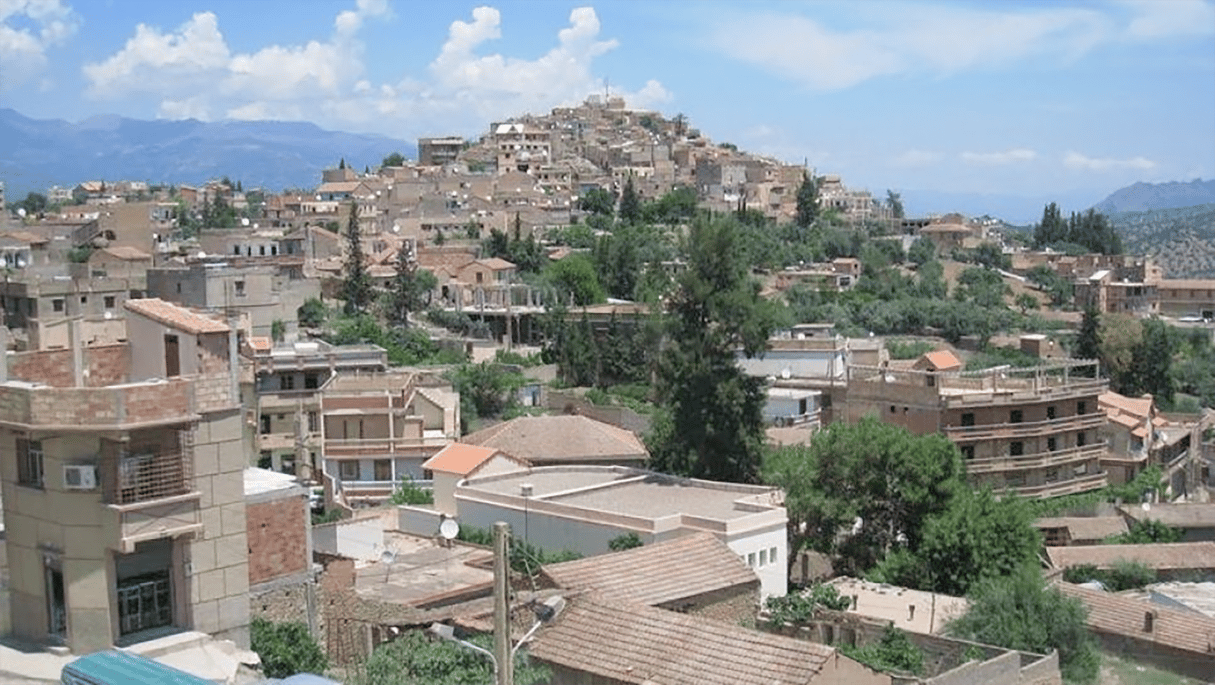Farid Alilat, The Africa Report, 24/6/2024

Jordan Bardella, the president of France’s far right Rassemblement National, has an Algerian great-grandfather who was an immigrant worker. He settled in France, in the Lyon region, in the early 1930s.
Jordan Bardella, president of the Rassemblement National and a potential future French Prime Minister, never speaks of his great-grandfather’s Algerian origins. The topic is hidden within the Bardella family and remains a taboo within Marine Le Pen’s former National Front. Yet, Mohand Séghir Mada, Bardella’s great-grandfather, indeed hailed from Kabylia, Algeria.
The Rassemblement National has made immigration one of the lynchpins of its election campaigns, regularly hammering migrants as being part of the social ills of France.
France will hold legislative elections on 30 June and 7 July, following President Emmanuel Macron’s decision to dissolve parliament after a disastrous showing in recent European elections.
Back to Guendouz
The ancestor of Jordan Bardella came from the village of Guendouz, the main town of the Aït Rzine commune in the Bejaïa department*. In the 1920s, Algeria was a French colony, and in this small village clinging to the mountains facing the Soummam Valley, people survived by cultivating small olive fields and raising goats and sheep. Misery was widespread in the Kabylia region.
Albert Camus, a writer and future Nobel laureate in literature, was so moved by the situation that he dedicated a series of reports to it, published in 1939 in the newspaper Alger Républicain under the title “Misery in Kabylie.”
There were no factories, colonial farms, or manufacturing plants to provide jobs and prevent starvation. This dire poverty and hunger drove hundreds of thousands of people from Kabylie to emigrate to France in the early 20th century to work in factories and mines. In Guendouz, the Mada family struggled. The hardship forced Tahar Mada and his two sons, Bachir and Mohand Séghir, to sell or mortgage their olive fields.
To feed the family, the only option was to take a boat to France. Thus, in 1930, Mohand Séghir Mada and his older brother, Bachir, left their village for mainland France. Upon arriving in Marseille, Jordan Bardella’s great-grandfather moved to the Lyon region, with several thousand Algerian immigrants working in textile factories. According to Moussa Mada, Bachir Mada’s son, the two brothers worked in a dye factory in Villeurbanne.

